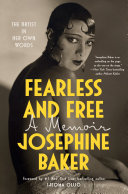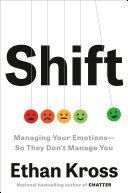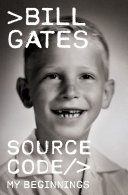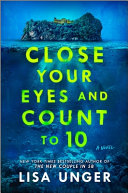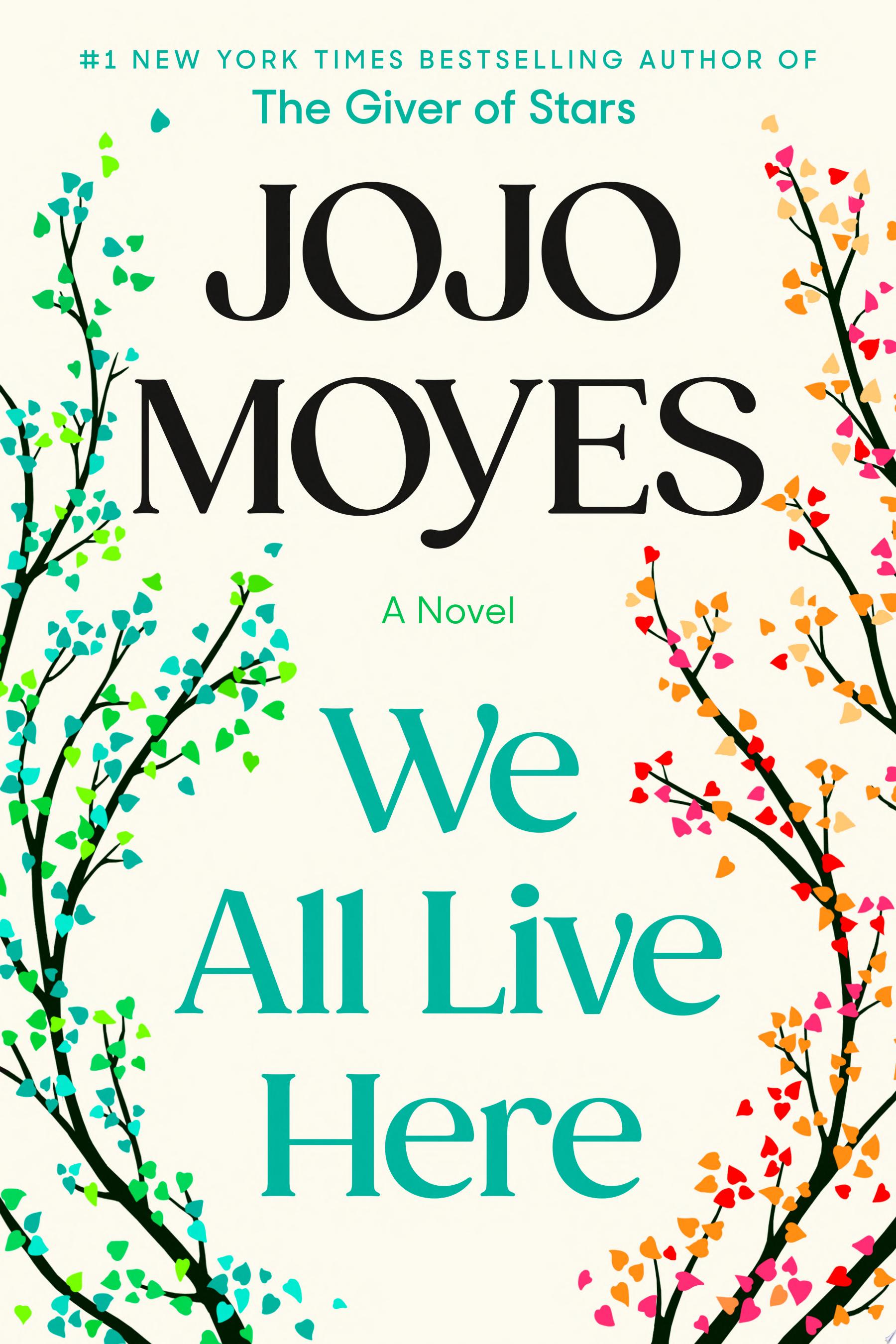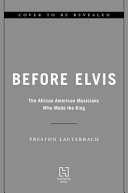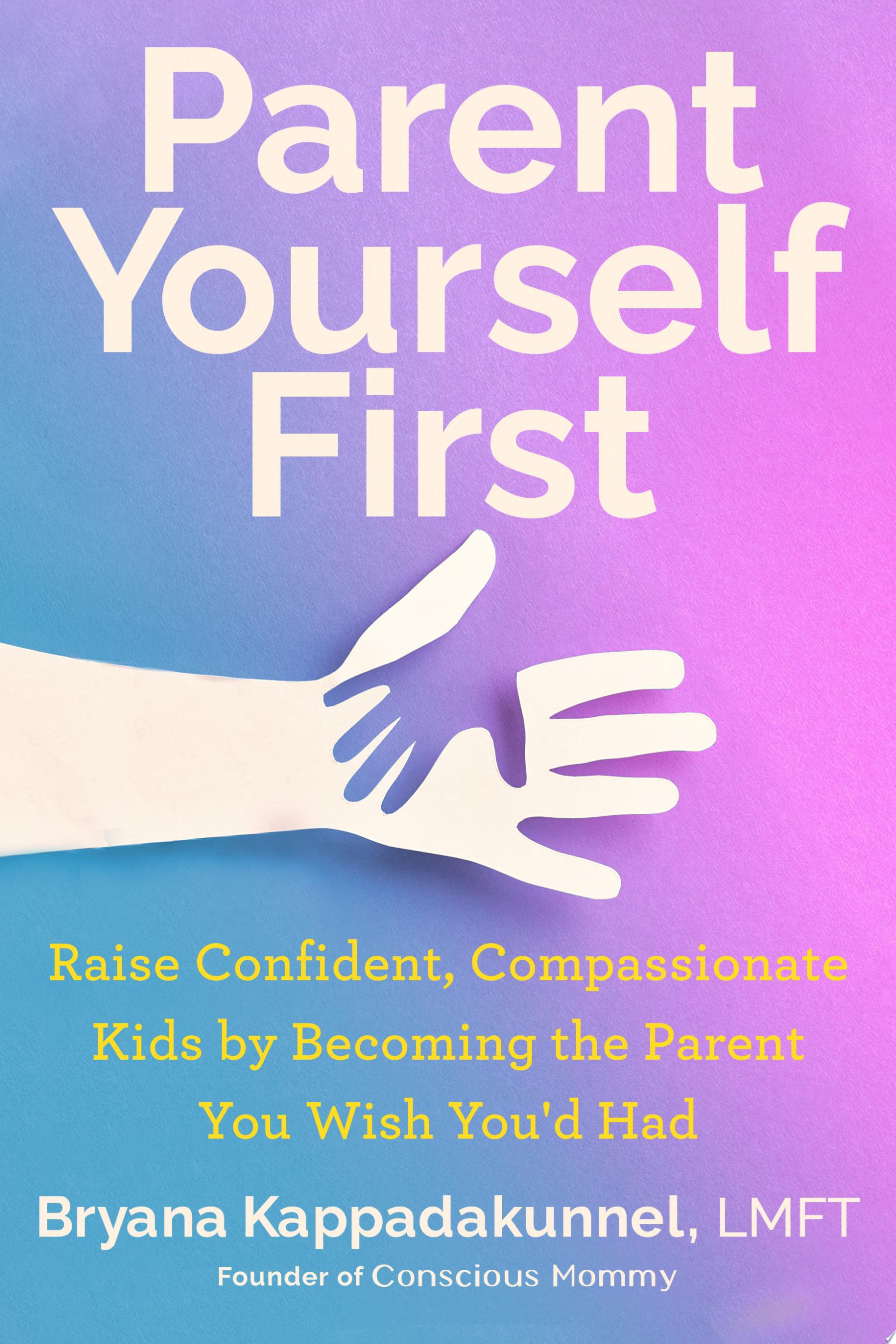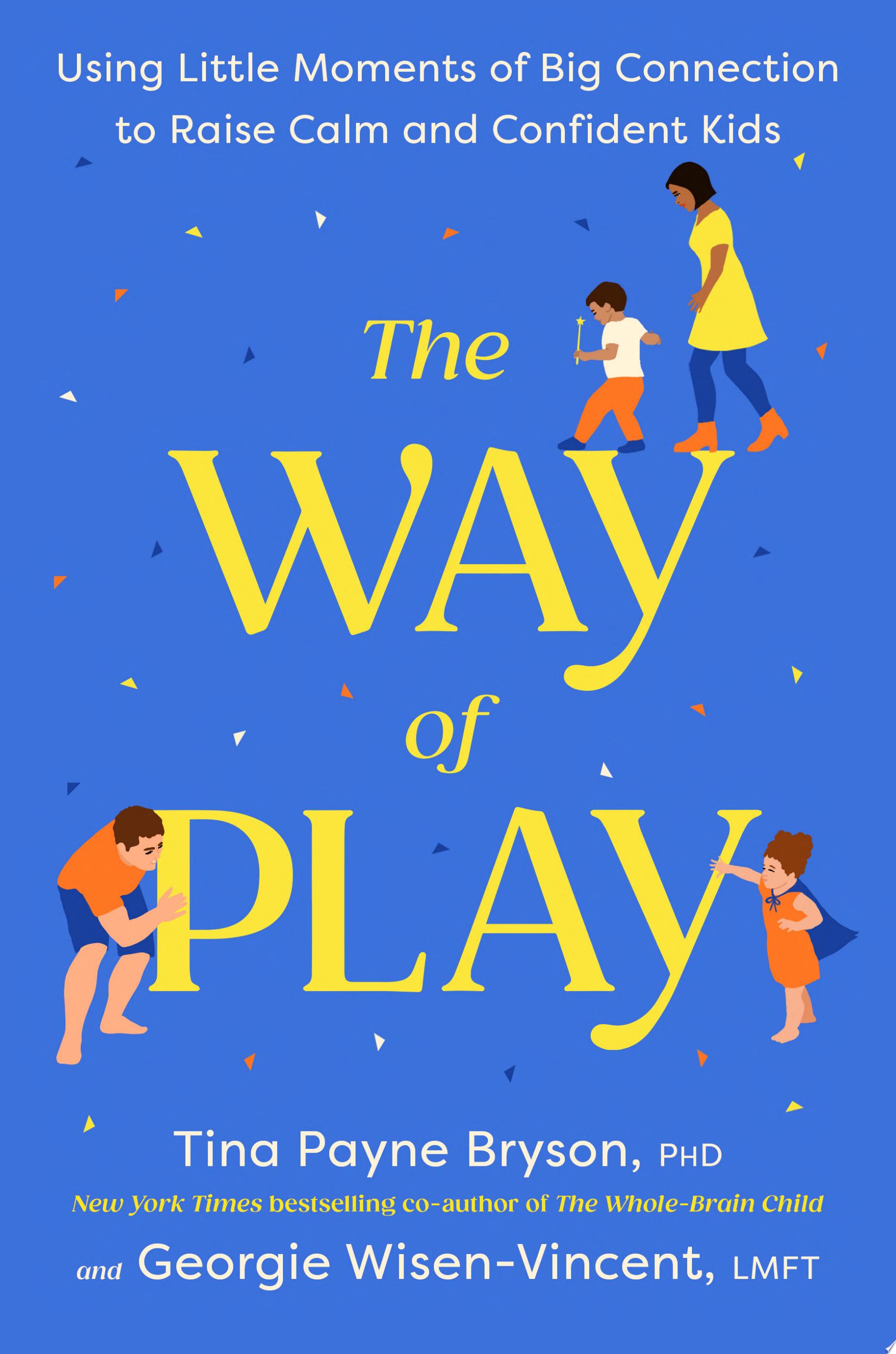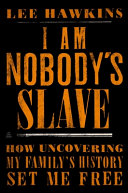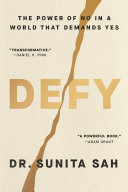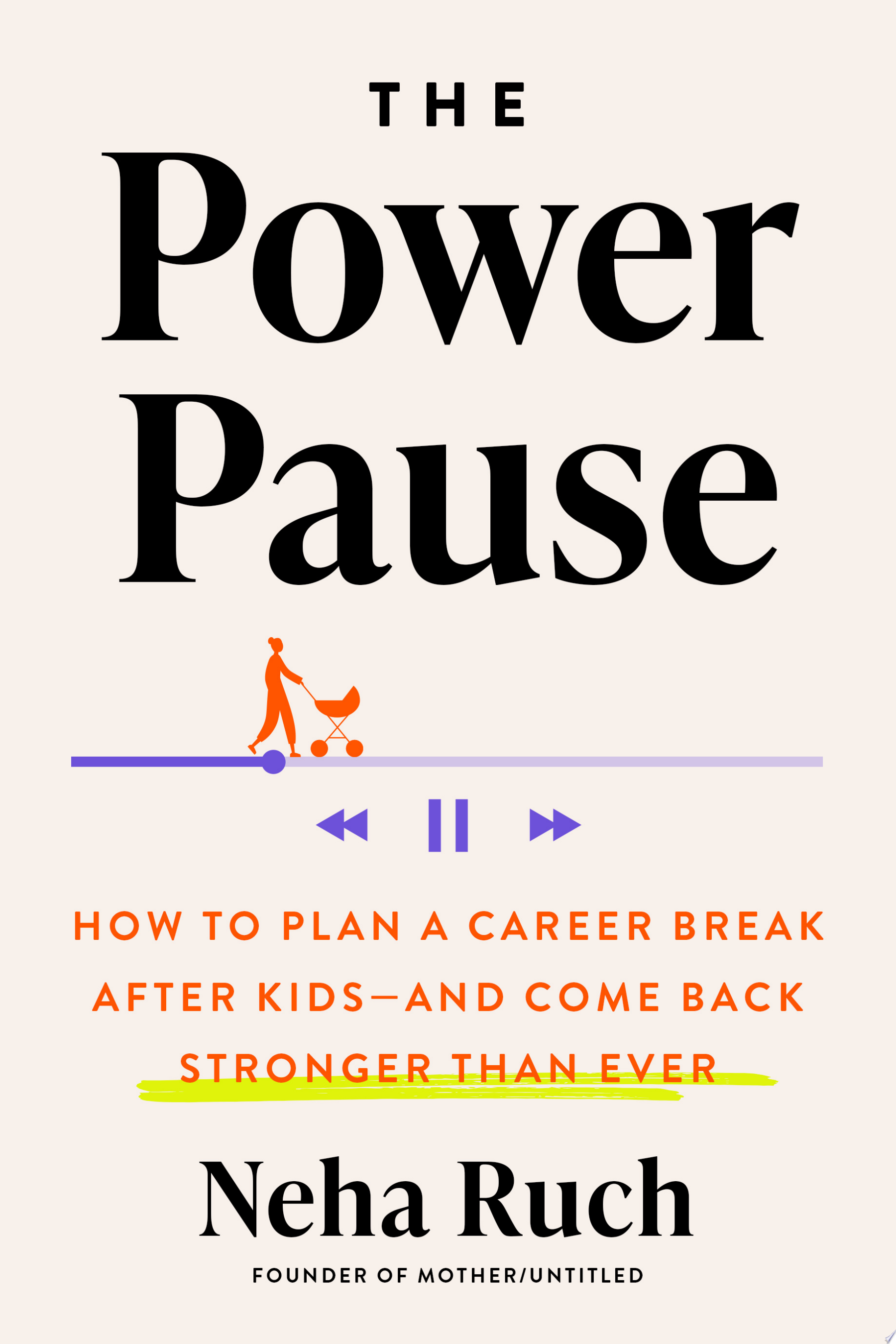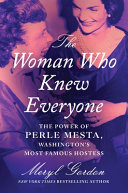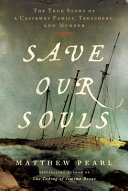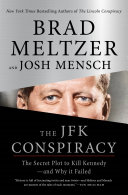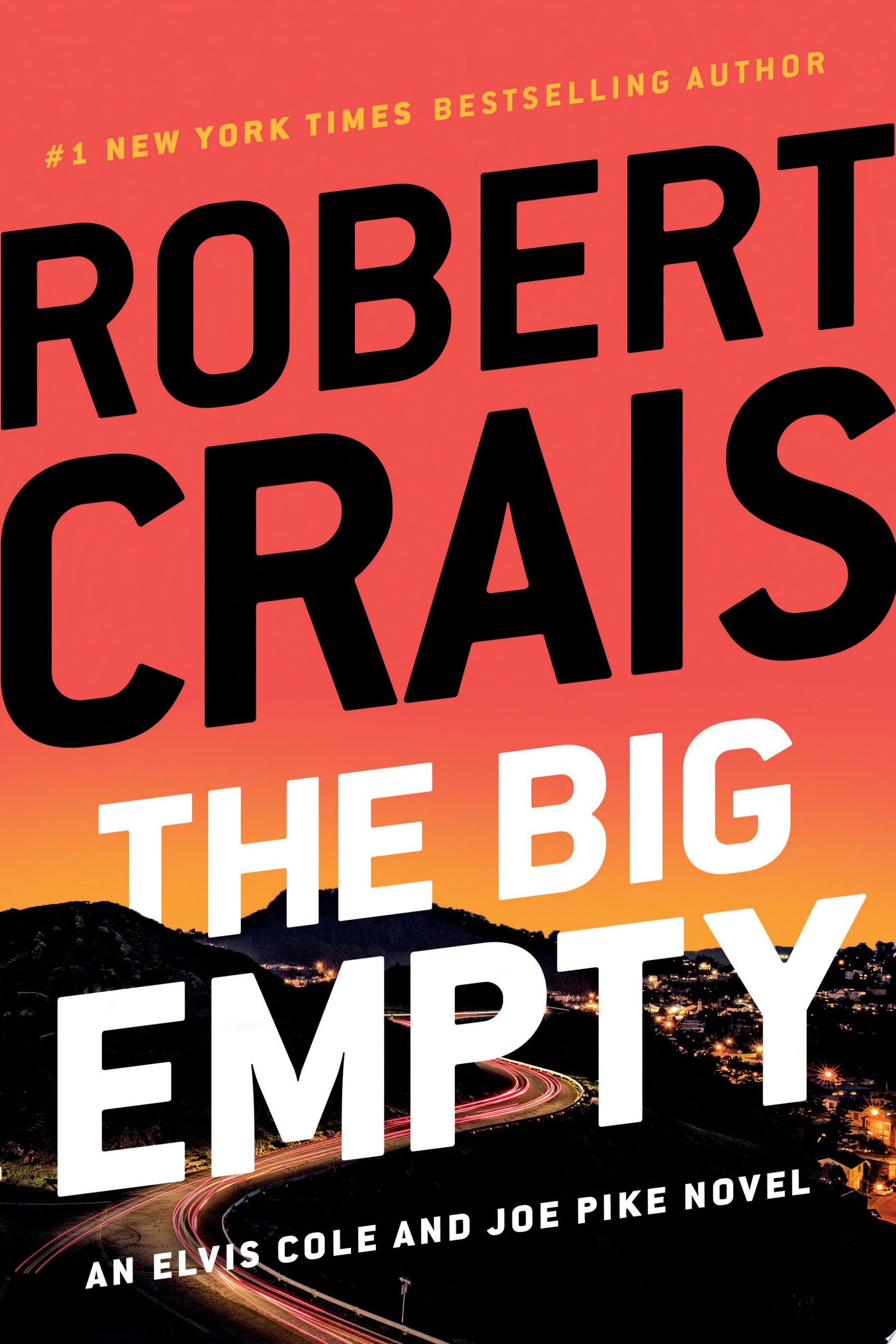
Medicine River
A sweeping and trenchant exploration of the history of Native American boarding schools in the United States, and the legacy of abuse wrought by them in an attempt to destroy Native culture and life.
From the mid-nineteenth century to the late 1930s, tens of thousands of Native children were pulled from their tribal communities to attend boarding schools whose stated aim was to "save the Indian" by way of assimilation. In reality, these boarding schools—sponsored by the U.S. government, but often run by various religious orders with little to no regulation—were a calculated attempt to dismantle tribes by pulling apart Native families. Children were beaten for speaking their Native languages; denied food, clothing, and comfort; and forced to work menial jobs in terrible conditions, all while utterly deprived of love and affection.
Amongst those thousands of children was Ojibwe journalist Mary Pember's mother, who was was sent to a boarding school in northern Wisconsin at age five. The trauma of her experience cast a pall over Pember's own childhood and her relationship with her mother. Highlighting both her mother's experience and the experiences of countless other students at such schools, their families, and their children, Medicine River paints a stark but hopeful portrait of communities still reckoning with the trauma of acculturation, religion, and abuse caused by the state. Through searing interviews and careful reporting, Pember traces the evolution and continued rebirth of Native cultures and nations in relation to the country that has been intent on eradicating them.


























































